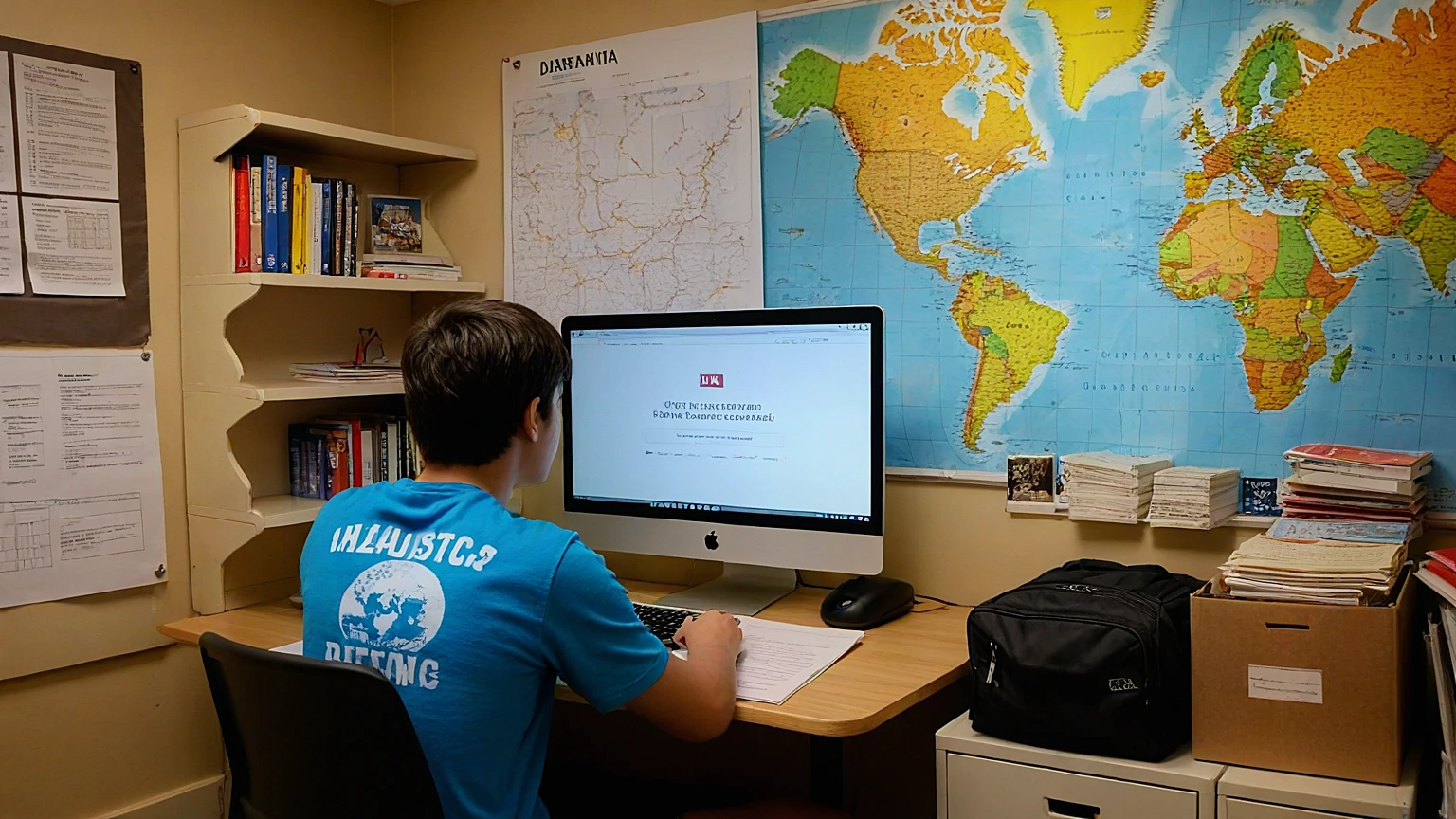Planning to send your child abroad for education is a long journey that starts much before. This guide breaks down the essentials, important steps, and considerations parents must know about, ensuring smooth transition and success in this journey of their children’s lives.
Early Planning: Foundation for Success
Start Early:- Once your child is in 9th or 10th grade, start planning. Choose a country-Australia, Canada, or others-whose goals match theirs.
Academic Focus:- Ensure core subjects like Math and Science are strong, especially if they are pursuing non-medical or medical streams. Good academics always lead to good prospects.
Financial Preparedness:- Ensure family income and tax returns are in order. Visa applications check the financial stability of families
Preparing for Standardized Tests IELTS and PTE
Encourage your child to prepare and take these exams during the final semester of their high school. Hiring a good tutor early can make a difference.
Maximizing Time: After the high school exams are over, use the gap period effectively. Focus on English proficiency, skill-building courses, or part-time jobs to enhance the child’s resume.
Practical Skills and Independence
Life Skills: Learn how to cook and manage finances. Living abroad is expensive and can save a lot on expenses if one knows how to cook.
Financial Planning: Teach budgeting skills. Children should know how to manage finances and not rely on parents for financial matters
Settling Abroad: Key Considerations
Choosing Accommodation: Staying with an Indian family can provide a supportive environment and help avoid distractions
Peer Influence: Monitor your child’s social circle. Friends can have a significant impact on habits and lifestyle.
Parental Involvement
Stay Connected: Maintain communication with your child’s friends and landlords. Having contacts in the new country can provide critical updates and ensure your child’s safety.
Backup Visa: Parents should consider having a valid visa to visit their child if needed. This can be helpful during emergencies or if additional support is required.
Managing Finances and Studies
Track Accounts: Keep a tab on your child’s bank accounts and financial activities to ensure responsible spending.
Academic Focus: The child’s primary goal should remain their education. Poor attendance, outsourced assignments, and lack of focus can lead to serious academic consequences.
Long-Term Planning for Settlement
Course Selection: Take courses with possible settlement opportunities. If the course doesn’t seem promising, opt for a more viable course. Regularly consult immigration lawyers and consultants to discuss settlement opportunities.
Managing Obstacles
Work Visa Administration: When the children are out of college, they should be employed in an industry that might facilitate settlement. Teach your kids to avoid jobs with no possible long-term future.
Academic Integrity: Emphasize the importance of maintaining academic integrity. Cheating or submitting fraudulent assignments can lead to expulsion and visa complications.
Preparing for the Future
Resume Building: Encourage internships and part-time jobs in relevant fields to strengthen their resume.
Continuous Learning: Motivate them to keep upgrading their skills and qualifications, making them competitive in the job market.
Final Thoughts
Sending your child abroad isn’t just about education, but about shaping their future. Careful planning, regular monitoring, and equipping your child with the essential life skills can make this journey successful. Remember, the journey doesn’t end when they board the plane; it’s a continuous process of support and guidance.

